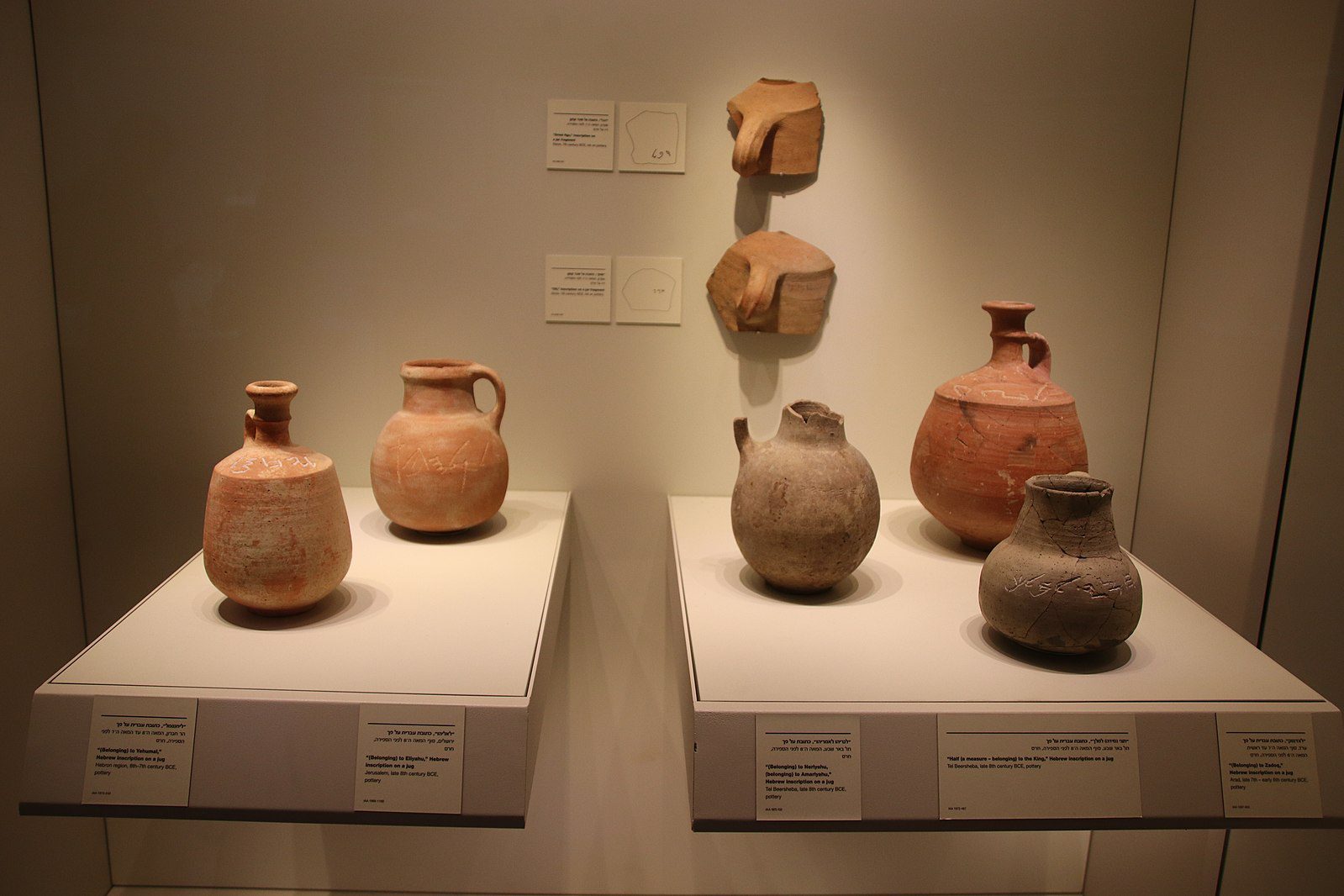
Last Sunday, the Israel Antiquities Authority (IAA) reported the discovery of a late Bronze Age burial chamber at the Israeli Palmachim national park. This revelation came after unrelated construction works uncovered the sight.
The chamber is Egyptian and has been dated to about 1213 BC, during the reign of Pharaoh Rameses II who ruled over Canaan (Israel and Palestine).
It would have included several buried bodies, with at least one skeletal set having been fully recovered. Unfortunately, these seem to be too decayed to be tested for their genetic profile.
More luckily, although there is some evidence that someone tried to rob the grave at some point, it nonetheless remains well stocked. It stores various items with which the deceased were to be furnished in the afterlife, including weapons, such as arrow-heads, and pots, whose provenance from different regions with which Egypt enjoyed trade relations will shed light on the period’s commercial and cultural practices.
